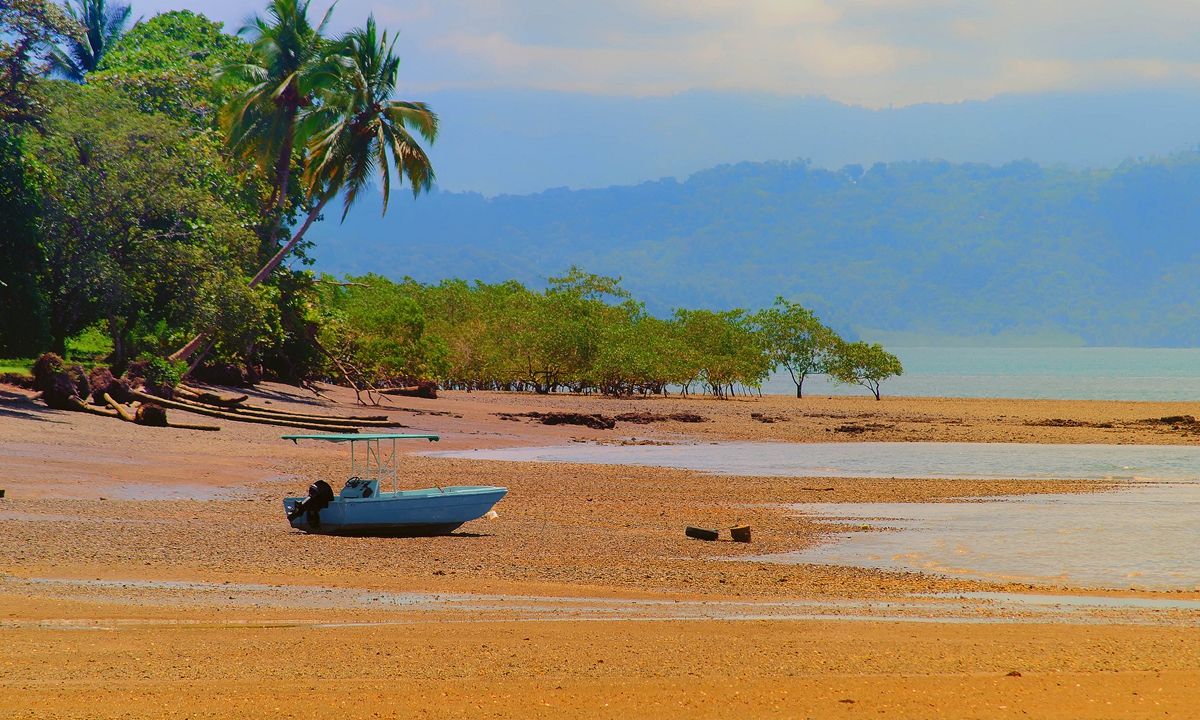Costa Rica eyes billions of dollars in savings with net-zero emissions
Source: Reuters Published: 2020/11/25 19:18:40
Costa Rica's goal of net-zero carbon emissions by 2050 will net $41 billion in economic benefits over the next three decades and set an example of the "right road to follow" for other nations, its president and environment minister said on Tuesday.

Costa Rica is a pioneer in global efforts to reduce planet-heating emissions, and its net-zero goal is part of a long-term national development plan, according to the IADB.
Under its 2019 decarburization plan, the small nation of 5 million people aims to reach net-zero emissions by 2050, meaning it would produce no more carbon emissions than it can offset.
According to the IADB, pushing toward decarburization involves Costa Rica preserving and expanding its tropical rainforests and promoting sustainable farming and eco-tourism.
It also entails making buildings energy-efficient and recycling waste water.
"It also leads to benefits in health, minimizing the effects of air pollution which is one of the main causes of hospitalizations in the country for children and the elderly," Alvarado said.
"This is the right road to follow," the president said.
Carbon emission cuts, which other countries are aiming for as well, are key to holding increases in global temperature to well under 2 C.
Newspaper headline: Costa Rica eyes savings with net-zero emissions

General view of Costa Rica Photo: VCG
The fiscal payoff of decarburizing the Central American nation, cited in a new report by the Inter-American Development Bank (IADB), is "an extraordinary figure," President Carlos Alvarado said in an online webinar with the media.Costa Rica is a pioneer in global efforts to reduce planet-heating emissions, and its net-zero goal is part of a long-term national development plan, according to the IADB.
Under its 2019 decarburization plan, the small nation of 5 million people aims to reach net-zero emissions by 2050, meaning it would produce no more carbon emissions than it can offset.
According to the IADB, pushing toward decarburization involves Costa Rica preserving and expanding its tropical rainforests and promoting sustainable farming and eco-tourism.
It also entails making buildings energy-efficient and recycling waste water.
"It also leads to benefits in health, minimizing the effects of air pollution which is one of the main causes of hospitalizations in the country for children and the elderly," Alvarado said.
"This is the right road to follow," the president said.
Carbon emission cuts, which other countries are aiming for as well, are key to holding increases in global temperature to well under 2 C.
Newspaper headline: Costa Rica eyes savings with net-zero emissions
Posted in: AMERICAS